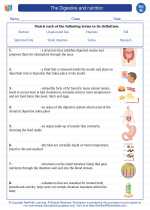Social Health
Social health refers to the ability to form and maintain healthy and satisfying relationships with others. It involves our interactions with the people around us, our ability to build and maintain meaningful connections, and our capacity to contribute to the well-being of our social groups.
Key Aspects of Social Health
- Communication: Effective communication skills are essential for maintaining healthy relationships. This involves both speaking and listening effectively.
- Relationships: Building and nurturing positive relationships with family, friends, and community members contribute to social health.
- Empathy: Understanding and empathizing with others’ emotions and experiences is crucial for forming strong social connections.
- Boundaries: Setting and respecting personal boundaries within relationships is important for maintaining a healthy social life.
- Community Engagement: Contributing to the well-being of the community through volunteer work or other forms of engagement can enhance social health.
Importance of Social Health
Strong social health has numerous benefits, including improved mental and emotional well-being, reduced stress, increased sense of belonging, and better overall quality of life.
Study Guide
Here are some key points to focus on when studying social health:
- Define social health and explain its importance.
- Identify the key aspects of social health and provide examples of each.
- Discuss the impact of social health on overall well-being.
- Describe strategies for improving and maintaining strong social health.
- Examine the role of effective communication in social health.
- Explore the connection between social health and community involvement.
Understanding social health is essential for maintaining a balanced and fulfilling life. By focusing on building and nurturing healthy relationships, individuals can enhance their overall well-being and contribute positively to their communities.
.◂Science Worksheets and Study Guides Eighth Grade. The Digestive System & Nutrition

 Worksheet/Answer key
Worksheet/Answer key
 Worksheet/Answer key
Worksheet/Answer key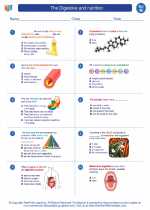
 Worksheet/Answer key
Worksheet/Answer key
 Vocabulary/Answer key
Vocabulary/Answer key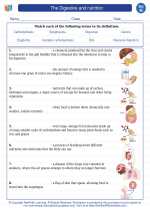
 Vocabulary/Answer key
Vocabulary/Answer key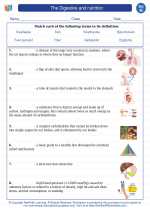
 Vocabulary/Answer key
Vocabulary/Answer key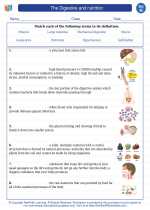
 Vocabulary/Answer key
Vocabulary/Answer key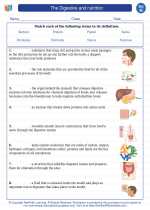
 Vocabulary/Answer key
Vocabulary/Answer key